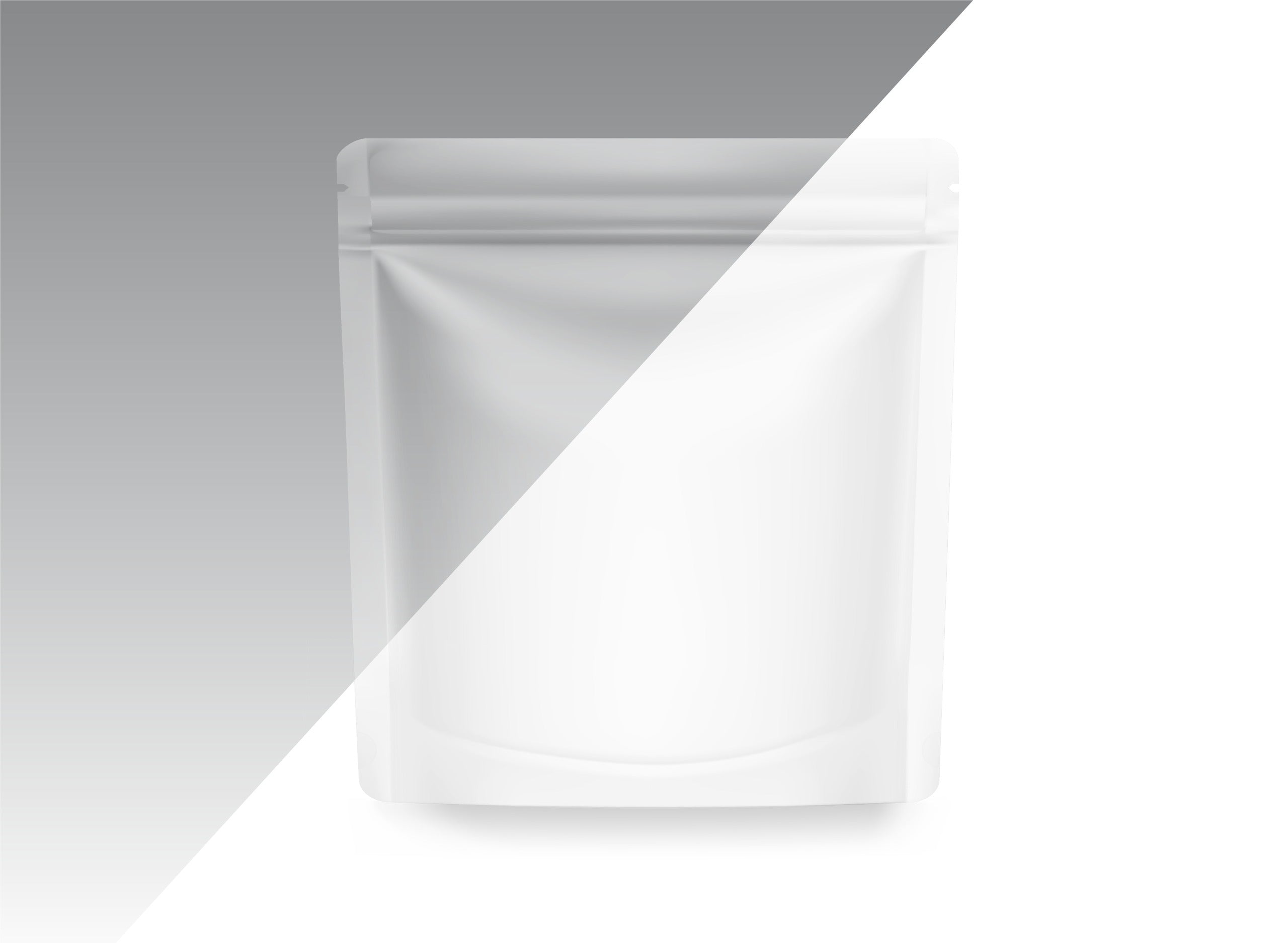The path to sustainability is leading to a renewed perspective on packaging. These days, packaging is no longer just a protective and transport mechanism; it has become a focal point in the discourse on environmental responsibility. The advancement towards a circular economy, an approach aimed at doing away with waste and maximizing resource reuse, highlights inventive tactics in both packaging design and material choice. These tactics are intended to not only diminish waste but also kickstart a new sustainable era.
Reducing Waste Through Design Innovation
The principle of a circular economy in packaging is founded on design innovation. This approach disputes the traditional “take-make-dispose” model, supporting packaging that can be reused and recycled. These design principles aim to not only reduce waste but also prolong material lifecycles, conserving resources in the process. With a focus on material endurance, circularity, and the economical use of resources, enterprises are able to create packaging solutions that are environmentally friendly. This paradigm shift benefits the earth and provides a competitive market advantage as consumers increasingly favor sustainable options.
Embracing Sustainable Materials
One essential aspect of sustainable packaging involves the careful selection of materials. Bioplastics have emerged as a prominent choice, distinguished by their renewable sourcing and their ability to break down biologically or be composted. Yet, choosing these options demands careful consideration. Compostable plastics, to point out, degrade under specific circumstances and don’t serve as a magic bullet for plastic pollution. Discerning between biodegradable and compostable materials, and comprehending their appropriate utilization, is key to fully exploiting their environmental benefits.
The Importance of Life Cycle Assessments
Fully understanding the environmental footprint of packaging requires the essential use of Life Cycle Assessments (LCAs). LCAs investigate the ecological consequences of packaging at every phase, from the acquisition of raw materials to their ultimate recycling or disposal. This holistic scrutiny allows for the discovery of avenues to diminish carbon emissions and improve sustainable practices. Studies show that the shift towards circular economy models markedly lessens the volume of waste sent to landfills and curbs ecological damage. Consequently, this stresses the importance of LCAs in the journey towards sustainable packaging innovations
Challenges and Opportunities
Advancing towards sustainable packaging creates pathways for creativity but also comes with its hurdles. Facilitating global collaboration, forming the infrastructure necessary for effective recycling, and handling the financials of sustainable actions are steep obstacles. The complexity found in packaging materials and the detailed nature of recycling procedures highlight that a universal remedy is not enough to eliminate plastic pollution. A holistic strategy that involves reducing consumption, reusing resources, improving recycling practices, and integrating both legislative and innovative measures is crucial for significant improvement.
Bottom Line
Advancing toward environmentally sustainable packaging in a circular economy presents a series of challenges and benefits. Prioritizing design innovation, sustainable materials, and Life Cycle Assessments can pave the way for packaging that fulfills its purpose while improving planetary health. Even though there are obstacles to overcome, the united efforts of consumers, enterprises, and governments can defeat them, making the vision of a circular economy achievable.












Leave a comment
All comments are moderated before being published.
This site is protected by reCAPTCHA and the Google Privacy Policy and Terms of Service apply.